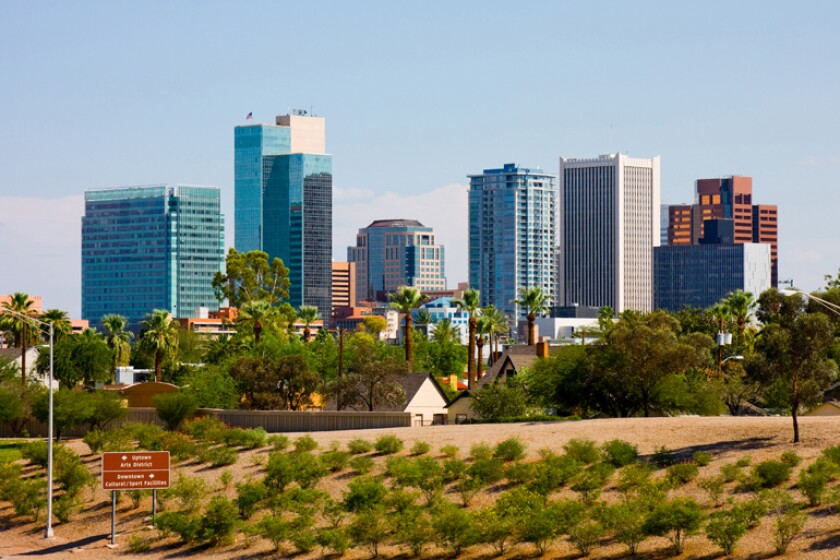That is the gist of congressional legislation being pushed as California and the West continue to bake in ahistoric heat wave.
California already has strong standardsaimed at protecting outdoor workers from high heat, but “there is no federal standard to protect workers from these increasingly hazardous conditions,” said Sen. Alex Padilla, D- Calif., a sponsor of Senate legislation.
Padilla’s office said the senator’s legislation would supplement California’s efforts by expanding protections to indoor workers such as factory workers and restaurant workers.
The Senate returned to Washington Tuesday, Sept. 6, after its summer break mindful of the record heat in the Central Valley and other parts of the West.
The legislation has strong support from Democrats and labor unions. Republicans are skeptical. When the House Education and Labor Committee approved the bill in late July, no Republicans voted for it.
“Democrats are putting the interests of Big Labor and radical climate activists ahead of workers and job creators,” said Rep. Virginia Foxx, R- N.C., the committee’s top Republican.
What The Legislation Does
lThe bill would require the federal Occupational Safety and Health Administration to “establish an enforceable standard to protect workers in high-heat environments,” and list the shade and water breaks as part of those standards.
The bill also directs employers to provide training for employees on heat-related factors that can lead to illnesses, as well as guidance on how to respond to symptoms.
Rep. Bobby Scott, D- Va., explained a key purpose of the bill: “Workers in this country still have no legal protection against one of the oldest, most serious and most common workplace hazards: excessive heat.”
Foxx countered that the requirements are little more than big government inserting itself where it doesn’t belong.
“We’ve seen how recent national mandates have negatively impacted the country,” she said, “but Democrats are eager to use any excuse to increase government control.”
Supporters in the Democratic-run House are hoping for a vote before lawmakers leave for the year in December. Getting Senate approval will be more difficult, since it could take 60 votes to limit debate and there are 50 Republicans.
The bill is named for Asunción Valdivia,a 53-year-old California farm worker who died in Kern County in 2004 of heat stroke after picking grapes for 10 hours in 100-plus degree heat.
California and Heat Stress
California requires employers to provide heat prevention training and enough water for an employee to drink as much as a quart an hour.
When the outdoor temperature in a work area is above 80 degrees, an employer must maintain at least one area of shade when employees are present. It has to be either open to the air or include ventilation or cooling.
Employees have to be “encouraged to take a preventative cool-down rest in the shade when they feel the need to do so to protect themselves from overheating. Such access to shade shall be permitted at all times.”
For people working in agriculture, if the temperature is 95 or higher, the employee has to provide a minimum 10 minute “preventative cool-down rest period every two hours.”
OSHA in October sought public comment about tougher standards for heat-related work.
Its public notice said it was considering “a standard specific to heat-related injury and illness prevention that would more clearly set forth employer obligations and the measures necessary to more effectively protect employees from hazardous heat.”
Its ultimate goal, OSHA said, is “to prevent and reduce the number of occupational injuries, illnesses, and fatalities caused by exposure to hazardous heat.”
While Padilla pushed for and applauded the effort, he noted it takes an average of 7 years before OSHA usually adopts rules.
©2022 The Sacramento Bee. Distributed by Tribune Content Agency, LLC.










